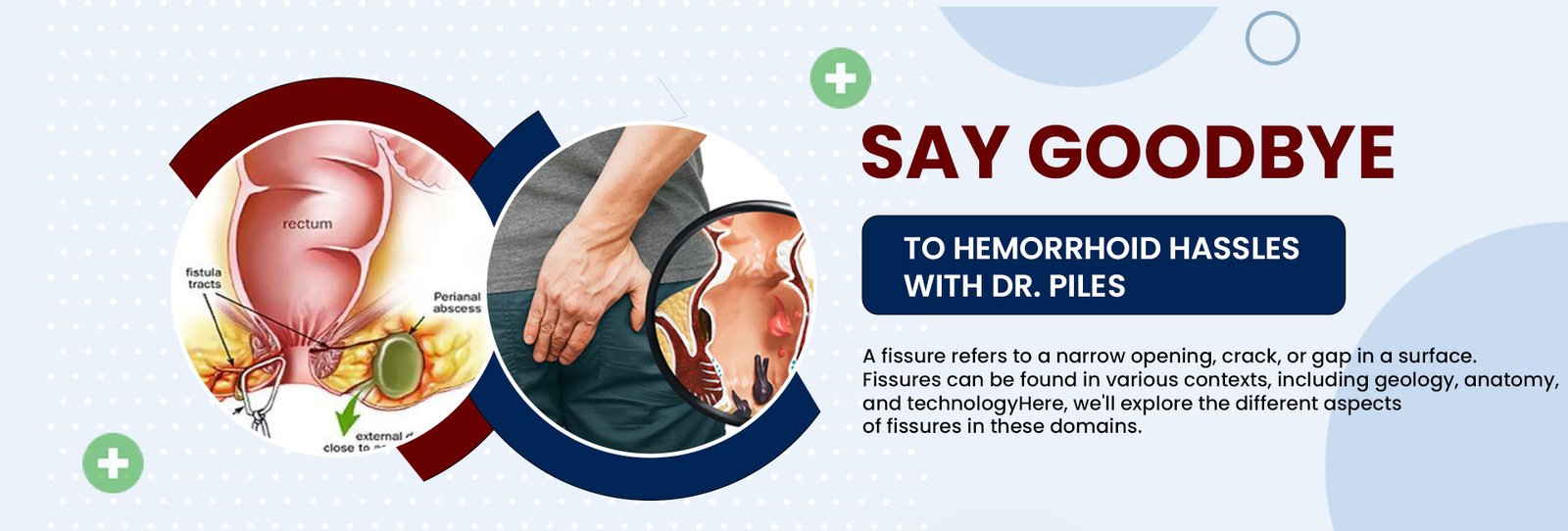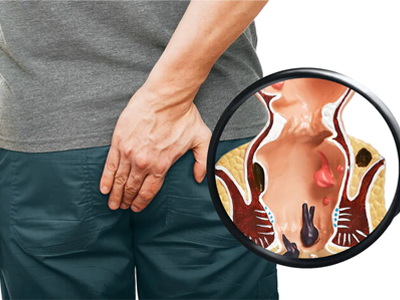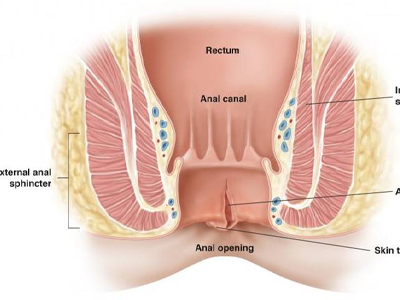

Rectal Polyp
A rectal polyp is a growth that occurs on the lining of the rectum, the last part of the large intestine. These polyps can vary in size and shape and may be either benign (non-cancerous) or, in some cases, cancerous. Rectal polyps are commonly found during routine colorectal screenings, such as colonoscopies, and can cause various symptoms or may be asymptomatic.
If you suspect you have rectal polyps or experience symptoms associated with them, it’s important to consult with a healthcare professional for an accurate diagnosis and appropriate treatment plan. Regular screenings and a healthy lifestyle are crucial components of colorectal health.
The treatment for rectal polyps depends on their type, size, and whether they are causing symptoms. Small, benign polyps may not require immediate treatment but may be monitored for changes over time. Larger polyps, adenomatous polyps, or those causing symptoms may be removed during a colonoscopy. Surgical removal may be necessary for larger polyps or those that cannot be removed through a colonoscopy.
Causes Of Rectal Polyp
The exact cause of rectal polyps is not always clear, but several factors are believed to contribute to their development. The most common types of rectal polyps, adenomatous and hyperplastic, have different underlying causes.
Genetic Factors: There is evidence to suggest a genetic predisposition to adenomatous polyps. Individuals with a family history of colorectal polyps or cancer may be at a higher risk.
Age: Adenomatous polyps are more common in older individuals, particularly those over the age of 50. The risk tends to increase with age.
Inflammatory Bowel Disease (IBD): Conditions such as ulcerative colitis and Crohn’s disease, which cause chronic inflammation in the gastrointestinal tract, can elevate the risk of developing adenomatous polyps.
Dietary Factors: A diet low in fiber and high in fat, particularly from red and processed meats, may contribute to the development of adenomatous polyps.
Lifestyle Choices: Factors such as smoking and excessive alcohol consumption have been associated with an increased risk of adenomatous polyps.
Inflammatory Bowel Disease (IBD): Chronic inflammation of the rectum associated with conditions like ulcerative colitis can lead to the development of inflammatory polyps.
Infection: Infections or injuries that cause inflammation in the rectum may contribute to the formation of inflammatory polyps.
Symptoms Of Rectal Polyp
Rectal Bleeding: This is one of the most common symptoms. Blood may be visible on toilet paper after wiping, in the toilet bowl, or may cause the stool to appear darker than usual. However, not all rectal bleeding is indicative of polyps, and other conditions, such as hemorrhoids or fissures, can also cause bleeding.
Changes in Bowel Habits: Rectal polyps can lead to changes in bowel habits, including diarrhea, constipation, or alternating between the two. Persistent changes in bowel habits should be evaluated by a healthcare professional.
Abdominal Pain or Discomfort: Some individuals with rectal polyps may experience abdominal pain or discomfort, especially if the polyps are large or cause irritation.
Anemia: Chronic or recurrent bleeding from rectal polyps can lead to a decrease in red blood cells, resulting in anemia. Symptoms of anemia may include fatigue, weakness, and pallor.
Incomplete Evacuation: Individuals with rectal polyps may feel a sense of incomplete evacuation after a bowel movement.
Treatment Of Rectal Polyp
Operation Treatment
Endoscopic Polypectomy: Many rectal polyps can be removed during a colonoscopy through a procedure called endoscopic polypectomy. During this procedure, a flexible tube with a camera (colonoscope) is inserted through the rectum, allowing the surgeon to visualize the polyp.
Transanal Endoscopic Microsurgery (TEM): TEM is a specialized technique that allows for the removal of larger and more complex polyps. It involves using a rectoscope and specialized instruments to excise the polyp while providing better visualization and control.
Laparoscopic or Robotic Surgery: In some cases, laparoscopic or robotic-assisted surgery may be considered. This involves making small incisions in the abdomen and using a camera and specialized instruments to remove the polyp or, in more extensive cases, a portion of the rectum.


Kshar Sutra Treatment
Patient Evaluation: Before initiating Kshara Sutra treatment, a thorough evaluation of the patient’s condition is conducted. This includes a detailed medical history, physical examination, and sometimes imaging studies to assess the size and location of the rectal polyp.
Application of Kshara Sutra: The Kshara Sutra is carefully and strategically tied around the base of the rectal polyp. The caustic properties of the thread help in gradually cutting and removing the polyp over a period of time.
Regular Follow-up: After the Kshara Sutra is applied, regular follow-up visits are necessary. The thread is changed at specific intervals, and the progress of the treatment is monitored. This process continues until the polyp is completely removed.
Other Treatments
Treatment
Treatment Available For
Piles /Fistula/Fissure
Thank you for considering Dr. Piles Clinic for your healthcare needs. We look forward to being your trusted partner on the path to better health and a higher quality of life.

Piles Treatment

Fistula Treatment

